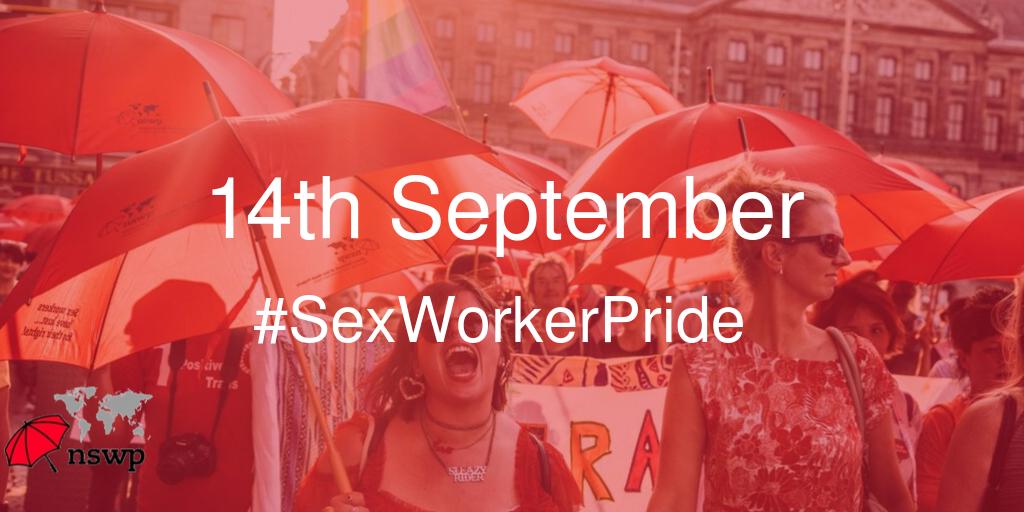We’re Sex Workers and We’re Proud.
Though we’re in one of the world’s oldest professions, sex work is still highly stigmatized. But we are proud of what we do.
As sex workers, we are proud of our history of activism, and the community that sex workers have built here in our province and across so-called Canada.
Each year on September 14 we observe International Sex Worker Pride Day. We stop and celebrate who we are and the work we do. In all likelihood, the day passed without you even noticing. But for us, it is essential that we take time to acknowledge and appreciate the important work we do.
We hold space and share stories expressing our pride in the work being done within the sex worker rights movement. We take extra time in particular, to hold space for and celebrate sex workers who are Black, Indigenous, and People of Color. They are not only more often disproportionately harmed by marginalization, criminalization, discrimination and stigma, they are also a vital part of our movement.
Unpacking “sex work” and “pride”
The term “sex work” was coined in the 1970s by American sex worker—and perhaps the first sex work activist—Carol Leigh during an anti-pornography conference. She went on to build and collaborate with sex worker rights advocacy groups–and from there, through art shows, conferences, media engagement, and more. The pride and passion for sex worker justice spread across the world. Sex worker-led groups advocating for human rights now exist internationally, and continue to be experts in community and political organizing, harm reduction, health and safety best practices, and so much more.
Many think sex work only refers to a man picking up a woman on the side of the street and engaging in penetrative sex in exchange for money. While this is one example of sex work, sex work in fact refers to the exchange of any sexual activity for goods or services. Sex work can include escorting, stripping, online cam work, making porn, and other instances of sex-related activities.The most visible kinds of street-based sex work comprise just a part of a continuum and range of sex work that’s happening everywhere, including right here in our country. It’s likely you know someone who is or was a sex worker, whether or not they’ve shared this with you. Keep that in mind while learning about this topic.
Being proud and having pride in one’s work is to be conscious of your own dignity, recognizing that you are worthy of respect. Pride is often associated with gay pride, or queer pride. The motives and feelings behind our movements often intersect; sex workers were fundamental in the fight for queer rights, showing up on the frontlines of the 1969 Stonewall riots in New York and further supporting the gay community during the AIDS crisis of the 1980s.
We are proud in spite of the stigma we face working in a criminalized industry. Legal confusion and public stigma contribute to a misunderstanding of what sex work is and what it can be. Sex work is either a choice, or it’s not sex work at all. When we understand sex work as work then we can start to treat sex workers with the respect they deserve.
Sex workers don’t just have sex; we build community, protest injustices, and create change. We are proud of our work and the community we create. Yet, despite our pride, we cannot attach our names to this article due to the negative ideas that others have about our work. We are teachers, we are parents, we are grandparents, we are students, we are neighbors. Please work with us to end the stigma and ensure that we can all feel proud of our lives, proud of our community, and proud of our work.


Comments
Post a Comment